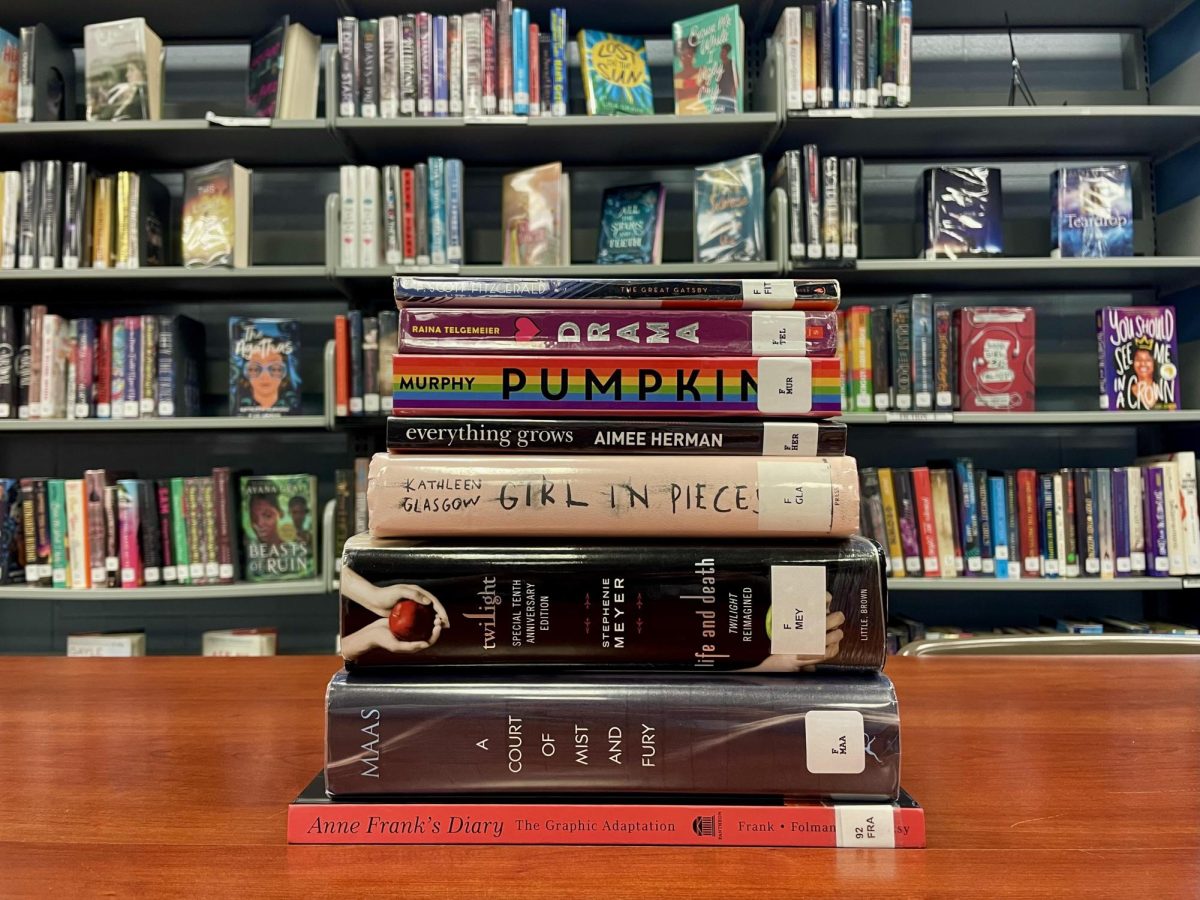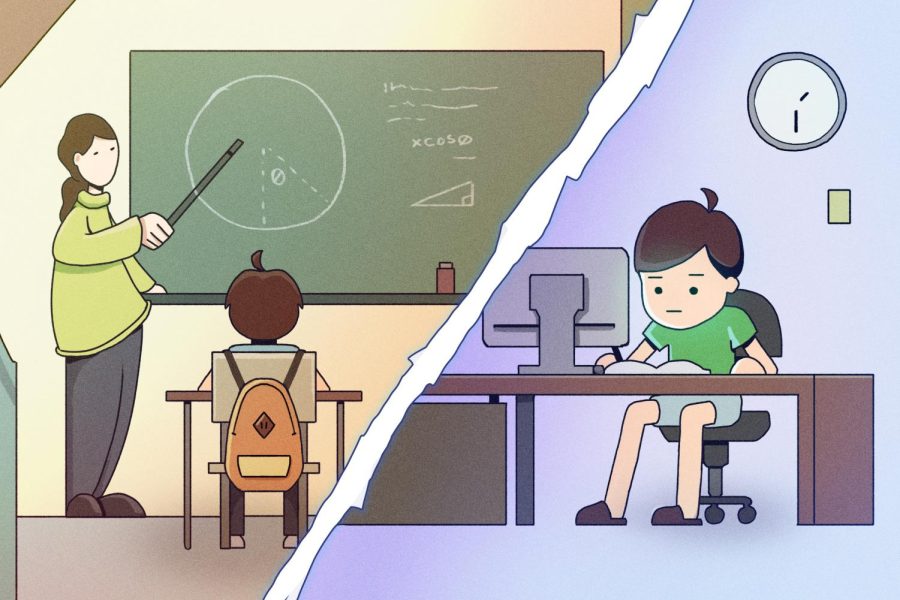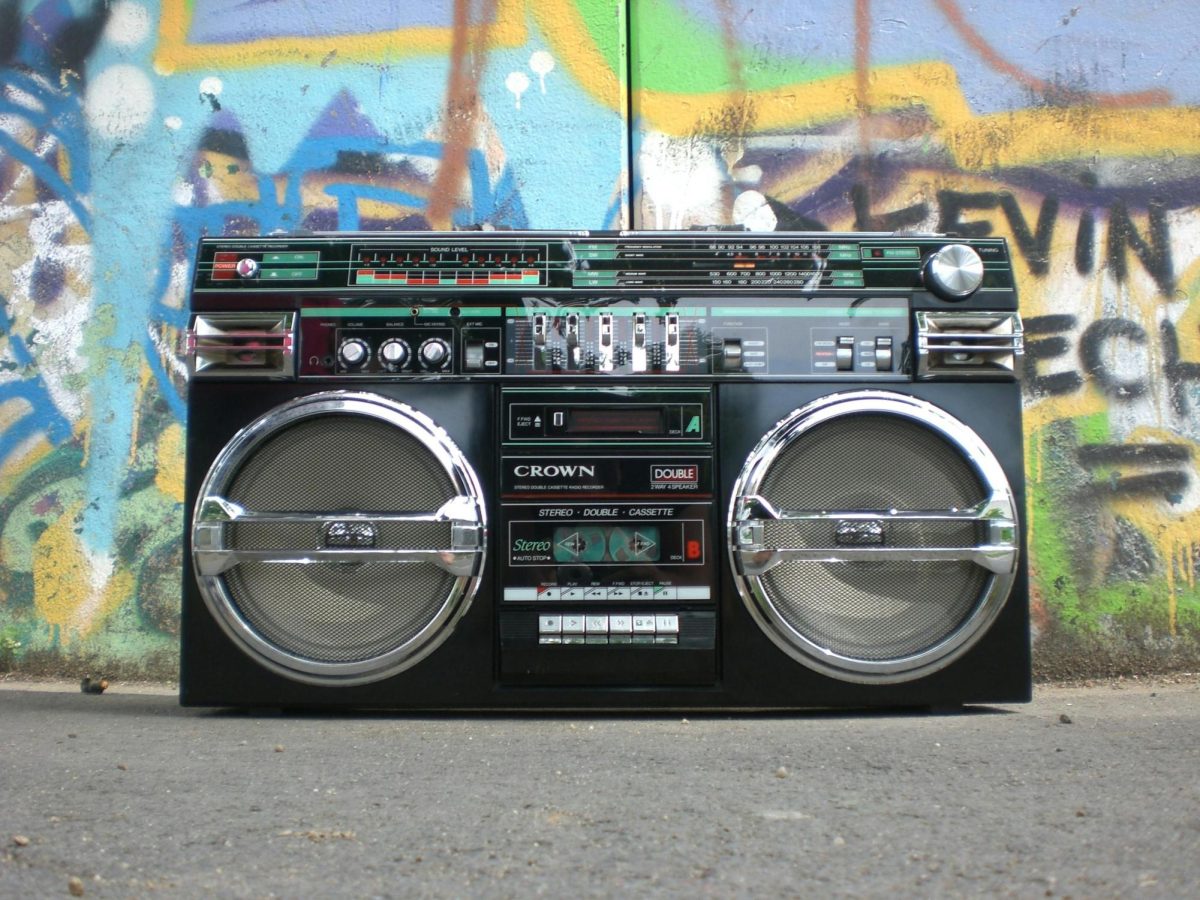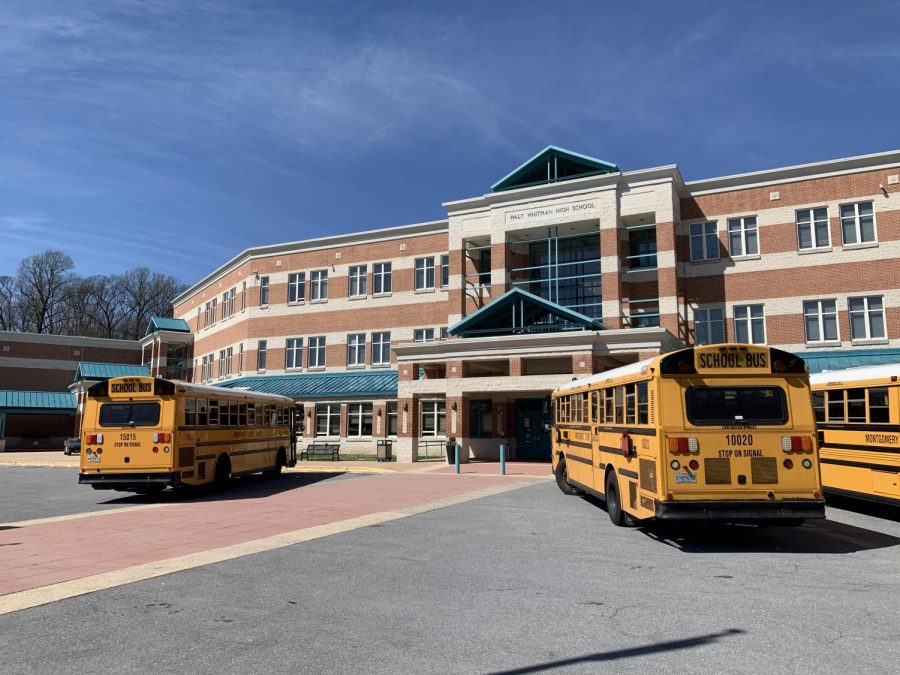On Feb. 21, the Maryland House Ways and Means Committee heard testimony during a public hearing regarding the proposed Freedom to Read Act and the potential consequences of book bans across the state.
Delegate Dana Jones (D-Anne Arundel) sponsored the bill, which would set new standards for public libraries and counteract increasingly common book bans across the state. From Jan. 1 to Aug. 31 of 2023, parents, community members and organizations across the country attempted to ban or restrict library materials or services roughly 700 times and almost 4,000 titles were targeted for censorship in the U.S, according to the American Library Association (ALA).
State-funded libraries — including public school libraries — must follow a written policy consistent with new standards created, according to the Freedom to Read Act. The bill introduces three new standards, one of which states that “a library should not prohibit or remove material from its catalogue because of partisan or doctrinal disapproval.” The bill also raises the penalty for stealing, destroying or damaging library materials from $250 to $1,000.
Whitman Media Specialist Alexis Mazur believes that governments shouldn’t ban books because some parents don’t agree with the content.
“You want to be able to reflect your student’s experiences, your community’s experiences or even just the world’s experiences within your texts,” Mazur said. “Books don’t deserve to get banned just because some people don’t like them.”
In Maryland, there have been several instances of parents and community members requesting the removal of certain books from library shelves and catalogs. In Aug. 2023, Carroll County Public Schools (CCPS) parents and the parental rights group, Moms for Liberty, challenged 58 books in CCPS catalogs, resulting in their temporary removal from shelves until a decision was reached. Additionally, the Carroll County Board of Education voted unanimously to prohibit sexually explicit content in instructional and supplemental materials, including library books. As of Feb. 20, CCPS has pulled 25 of the 58 challenged books from shelves, including “It Ends With Us” by Colleen Hoover and “A Court of Mist and Fury” by Sarah J. Maas.
Also in Aug. 2023, Maryland Judge Deborah Boardman denied an injunction in a parent lawsuit against MCPS regarding a policy preventing students from opting out of LGBTQ+ themed books. Families claimed the policy violates parents’ due process rights under Maryland law’s 14th Amendment and their First Amendment right to freedom of religion.
In West Virginia, librarians and educators could potentially face criminal prosecution for exposing children to “obscene content” in books as the West Virginia House of Delegates passed House Bill 4654 on Feb. 16. The bill would “allow for educators and librarians to face felony charges, fines of up to $25,000 and a potential five-year jail sentence.” States such as Tennessee, Arkansas, Oklahoma, Missouri and Indiana have recently passed similar legislation as well.
Several supporters of the Freedom to Read Act attended the public hearing, including Skip Dye, the Senior Vice President of Library Sales and Digital Strategy at Penguin Random House.
“There is a dangerous, national trend of book banning,” Dye said during the hearing. “It silences our authors and by doing these things, they not only compromise the autonomy of libraries but also threaten the basis of our democratic society.”
While Mazur believes it’s okay for parents to be uncomfortable with having certain books in their homes, she believes other parents and children should still have the freedom to access those same books in libraries.
“A library gives you the freedom to read and learn in a way where you might be interested in something without having access to that information at home,” Mazur said. “Even for something as innocuous as science and evolution where some people don’t believe in that, it is important to still be able to access those evolution books in the library.”
In December of 2023, following the challenge of 35 library books, Frederick County Public Schools (FCPS) announced the removal of several books from middle and high school shelves. Additionally, FCPS announced the implementation of new software allowing parents to set restrictions on specific books their children can access.
Whitman Banned Books Club President Sofia Antonioli believes that the politicization of LGBTQ+ rights has resulted in a widespread increase in book bans across the country.
“There is a certain type of identity that has repeatedly been targeted in book bans,” Antonioli said. “It has been disheartening to see different voices and perspectives getting silenced many times because of politically motivated reasons. There are important experiences in so many banned books that are left out just because they don’t conform to the norm.”
Antonioli discussed the ALA’s 2022 list of Most Challenged Books where seven titles were challenged for containing LGBTQ+ content. The top book on the list was “Gender Queer: A Memoir” by Maia Kobabe, which explores themes of identity and sexuality and won a Stonewall Honor and Alex Award in 2020. According to Mazur, MCPS pulled the book from middle school shelves but allowed it to remain available in high school libraries.
“Age restrictions are very important to take into account because we have to acknowledge that the type of content an 11th-grader reads is inherently different from the content a 6th grader would read,” Antonioli said.
The Freedom to Read Act is part of a larger group of legislation introduced by Speaker of the Maryland House of Delegates Adrienne Jones, known as the “decency agenda.” The agenda includes bills on employee training and Holocaust education study (House Bill 1386), employment discrimination based on sexual orientation (House Bill 602) and election misinformation on social media (House Bill 333). If passed in both the House and Senate, the Freedom to Read Act is expected to take effect on July 1.
Antonioli emphasized the importance of many banned books and the conversations they spark amongst students .
“The more representation marginalized groups have, especially through a medium which a lot of people consume, the greater amount of acceptance there will be in the long run,” Antonioli said. “Even if people disagree, these books have valuable lessons and perspectives that allow people, especially students in the school setting, to open their minds and engage in open dialogue that otherwise wouldn’t have been there.”


















